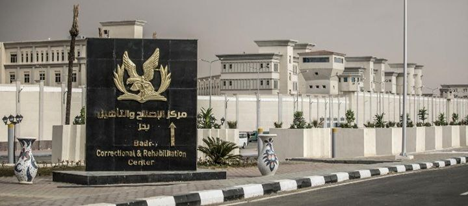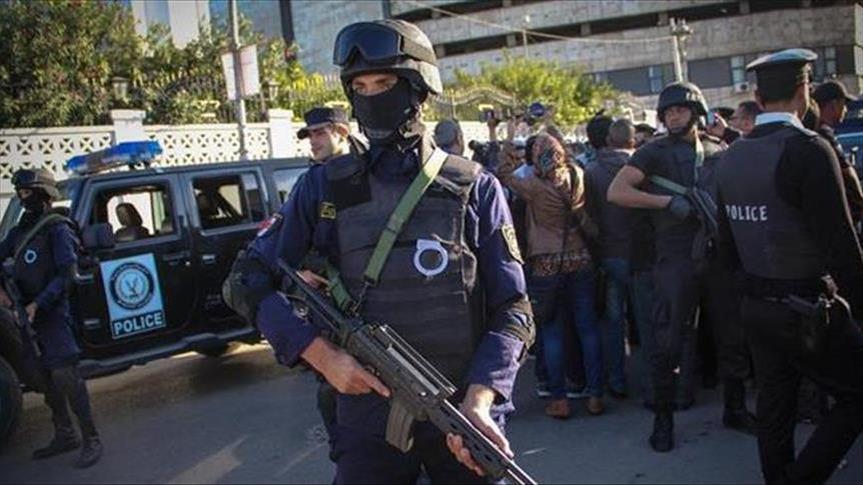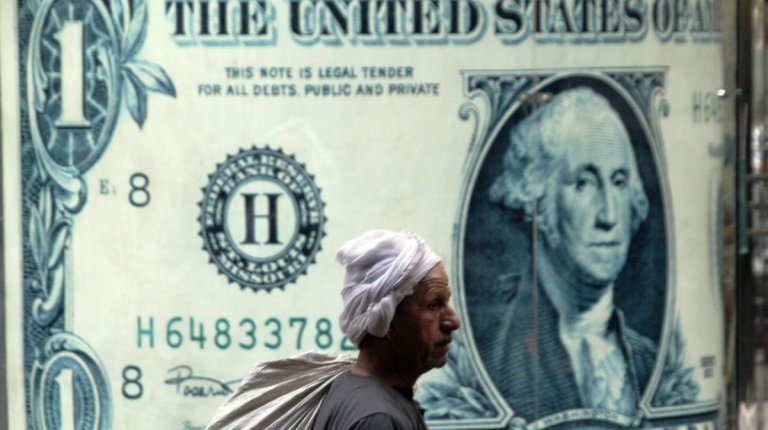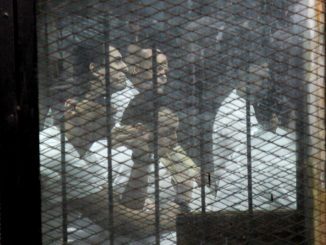
Egypt’s national dialogue is due to begin in a “few weeks”, the dialogue coordinator said, even as demands for the release of political prisoners go unheeded.
According to Youm7, the National Dialogue Coordinator Diaa Rashwan on 29 September said that Egypt’s national dialogue would kick off in a “few weeks”. However, the human rights improvements that civil society has demanded as a precondition for the dialogue’s start remain unfulfilled.
The lack of progress on political prisoner releases is underlined by the situations of activist Alaa Abdel Fattah and human rights lawyer Mohamed El-Baqer, who have recently marked three years behind bars. They are joined by tens of thousands more political prisoners.
Despite the announcement of the national dialogue and the Presidential Pardon Committee, more prisoners of conscience continue to be thrown in jail than released—or, as the case of Sherif El-Rouby, released and then re-imprisoned.
Sherif Al-Rouby’s detention was renewed for 15 more days on September 28.
The list of political prisoners also included visual artist Amir Abdel Ghani, who was arrested on September 10, forcibly disappeared for nine days, and then charged with joining a terrorist group and spreading fake news despite his lack of political activity.
Abdel Ghani’s “crime” it turns out, was complaining about the high price of gasoline.
Egypt’s Abdel Fattah al-Sisi has promised ahead of the dialogue that “the nation embraces all of us” and that “differences of opinion do not spoil the nation’s affairs.”
Yet his claims of openness are discredited by the ongoing arrests of citizens who speak out on the issues that the dialogue is supposed to address, from inflation to political rights.
On 29 September, a court added journalists Ahmed Subaie and Badr Mohamed Badr, both of whom had already spent more than the maximum of two years in pretrial detention before being referred to a terrorism court last month, to the state’s terrorist list for five years.
Cop27 in Egypt
Human rights organizations say the government sees the Cop27 event to be held in Egypt as a way of “whitewashing its reputation”.
A few hundred less high-profile prisoners have been released in recent months since Sisi unveiled a new pardon committee, in a move that many link to Egypt’s hosting of COP.
Amnesty’s new report focused on how Egyptian authorities have used a National Human Rights strategy launched a year ago “as a PR tool to deflect attention from its real human rights record”.
Meanwhile, HRW researched instances of repression against environmental groups.
Following interviews with academics, scientists and activists, it said that government restrictions amounted to human rights violations and left in doubt Egypt’s ability to meet basic climate commitments.
A spokesperson for the Egyptian foreign ministry dismissed the report as “deplorable and counterproductive” saying it contained “inaccuracies”, and questioned the use of unnamed sources.
Sameh Shoukry, who will act as president of COP, has said that space will be set aside in Sharm el-Sheikh for protests to take place.
This week, Ambassador Wael Abul-Magd, assisting him, told journalists that civil society environmental groups would be represented at the talks.
“We don’t believe in tokenism,” he said in a virtual briefing. “We are involving these stakeholders across the board in every step of the way.”
However, Egyptian activists say that many local groups had been unable to register for the conference.
They questioned the independence of those who had been given access in a special process overseen by the government and facilitated by the UN. One called the lack of transparency “a scandal”.



